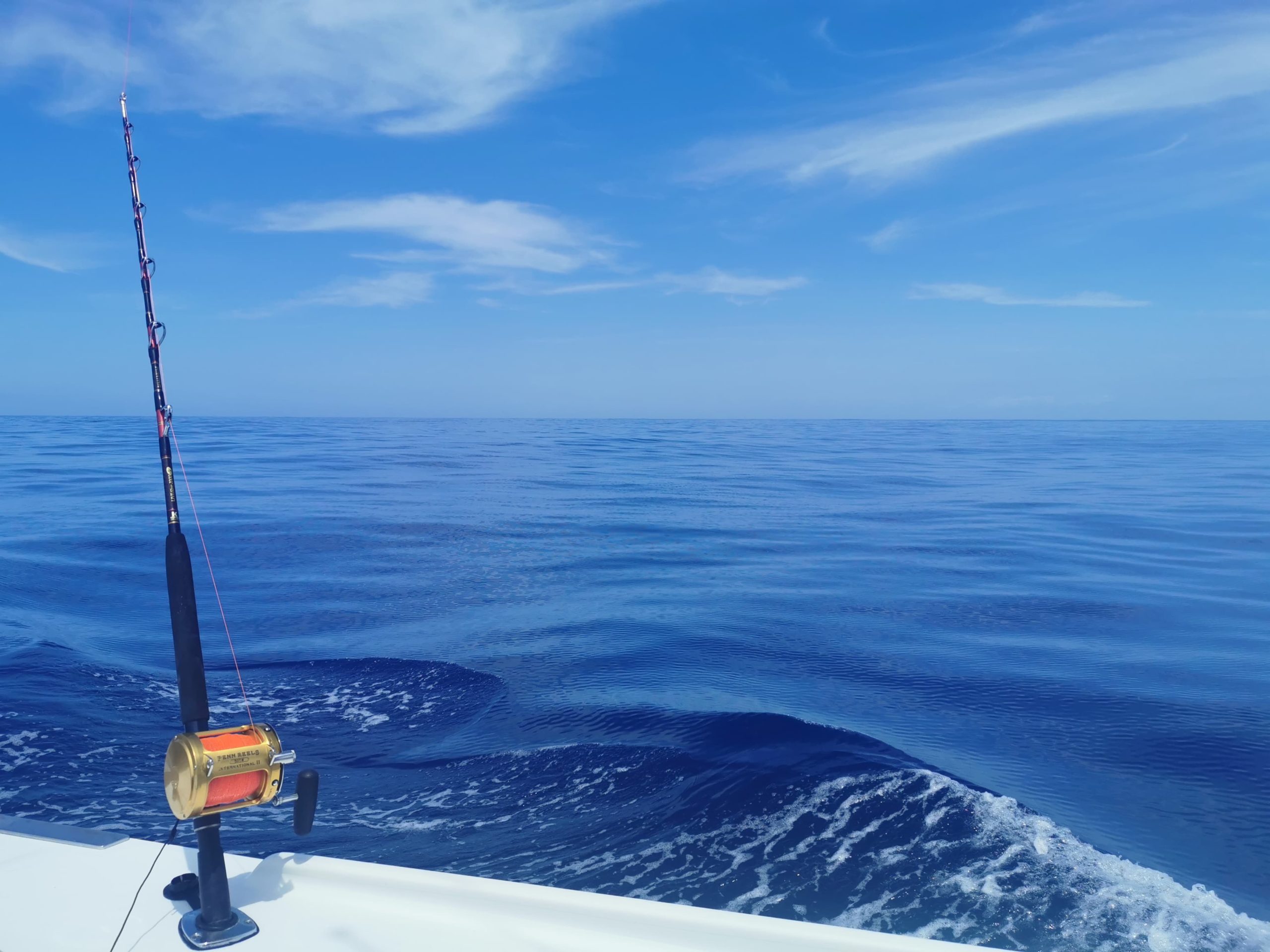Rescue Fish FAQs
All FAQs |
Customary Fisheries | Fisheries Management | maximum sustainable yield | QMS | Economics | Fishing | Rescue Fish | Environment | Fishing methods | Recreational Fishing | Fishcare | customary | Kahawai | Reform scam | Baitfish
July 28, 2020
Catch limits in mixed finfish fisheries will be set to account for those species that live or move together. Fixed term commercial permits will be conditioned by Output limits. Output limits will replace the existing quota limits for single species. Output limits will be described as equivalents to account for mixed species catches. All catches ... Read more.
July 8, 2020
Under Rescue Fish the Government buys back the quota for inshore fish stocks. The buy-back cost is recovered over time from resource rentals applied to fishing permits. There will be a tender process and the agreed price the fisher pays for the permit will be the resource rental that goes to the Crown in recognition ... Read more.
June 26, 2020
Having multi-species commercial fishing permits in mixed finfish fisheries addresses the failings associated with single species management. Multi-species permits represent a more holistic way to manage life within the marine environment. The benefits of multi-species permits include the following – Removes target and bycatch categories. Catch is catch and ALL catch will be landed. Moves ... Read more.
June 26, 2020
Under Rescue Fish commercial fishing permits will be issued for a fixed term. Permits will limit the quantity of fish that can be landed, the amount of effort that can be applied, and the area where fishing can occur. Permits will be allocated by competitive tender, the tender price will represent a resource rental payment ... Read more.
June 26, 2020
Under Rescue Fish commercial fishing permits will have a fixed term of no longer than 5 to 8 years. Fixed term commercial fishing permits provide the following benefits – Removes the barriers to entry, encouraging people especially younger people into fishing, and creating jobs in associated industries. Restores competition for fish and fish products. Prevents ... Read more.
June 26, 2020
Under Rescue Fish commercial fishing permits will have a fixed term of no longer than 5 to 8 years. The permit can only be used by the permit holder. This means the person fishing must hold the permit as there will be no absentee ownership. There will be no private sales of permits or any ... Read more.
June 26, 2020
Yes. Rescue Fish advocates immediately moving to an Ecosystem-based Management (EBM) approach to governance. In terms of management, removing mobile bottom contact fishing methods that destroy the seabed and its organisms will be a giant step forward in terms of EBM. However, in any EBM proposal it is important to start with a definition of ... Read more.
May 29, 2020
Independent analysis by the NZ Institute of Economic Research shows that on the information available Māori own around 40% of quota shares (by volume) but only 10.7% of the total quota share value. This is a conservative estimate of iwi ownership and value because not all the relevant details are available; that is understandable given ... Read more.
May 22, 2020
The Rescue Fish policy and background material were sent to the Prime Minister and Ministers for Maori Crown Relations: Te Arawhiti, Finance, Environment and Fisheries on 24 April 2020. A discussion with the Minister of Fisheries Stuart Nash was due in early May. Presentations were made earlier in 2020 to the Labour Party Maori Caucus; ... Read more.
May 22, 2020
The time is right, politically and socially, to present the Rescue Fish policy. The Covid-19 crisis has highlighted the vulnerability of many families and communities unable to access adequate food. Food security must be a priority. Reforming fisheries so there is more fish in the water and available makes sense. There is political appetite for ... Read more.

